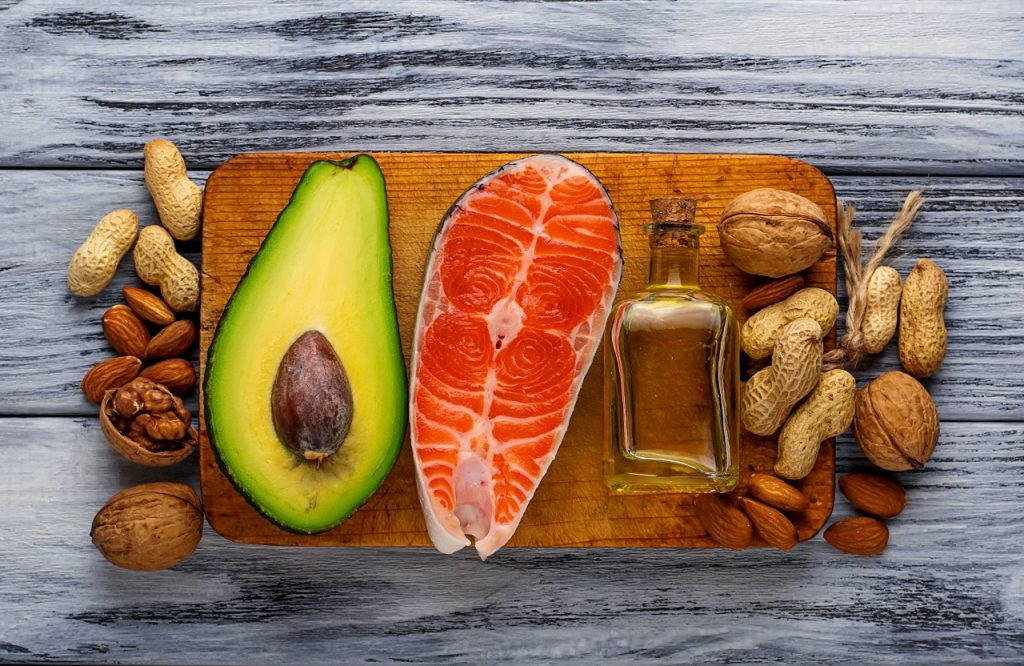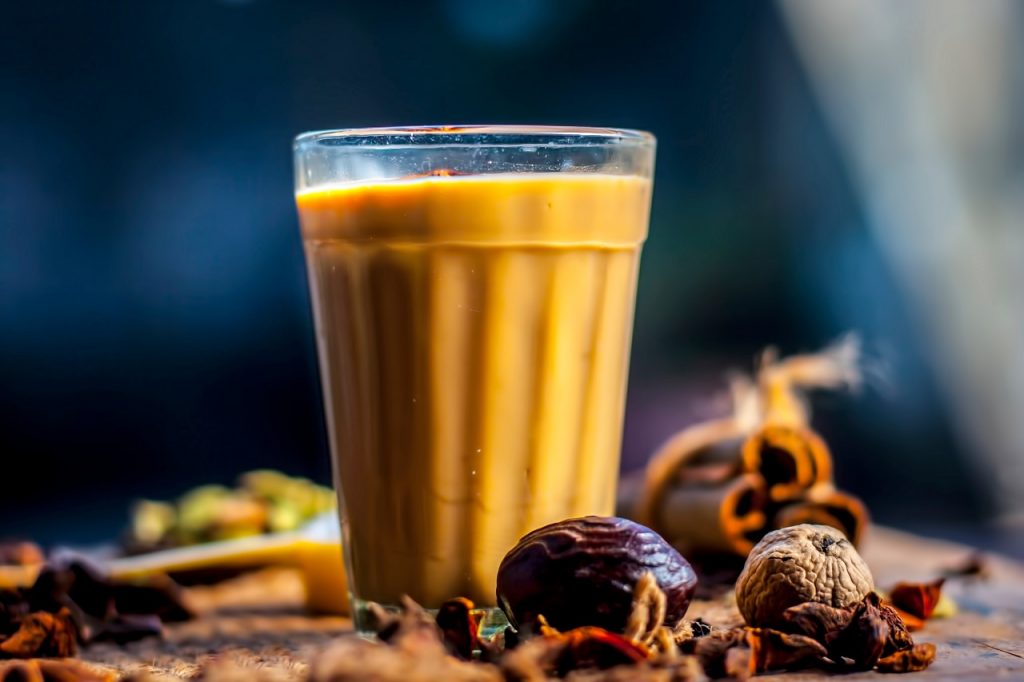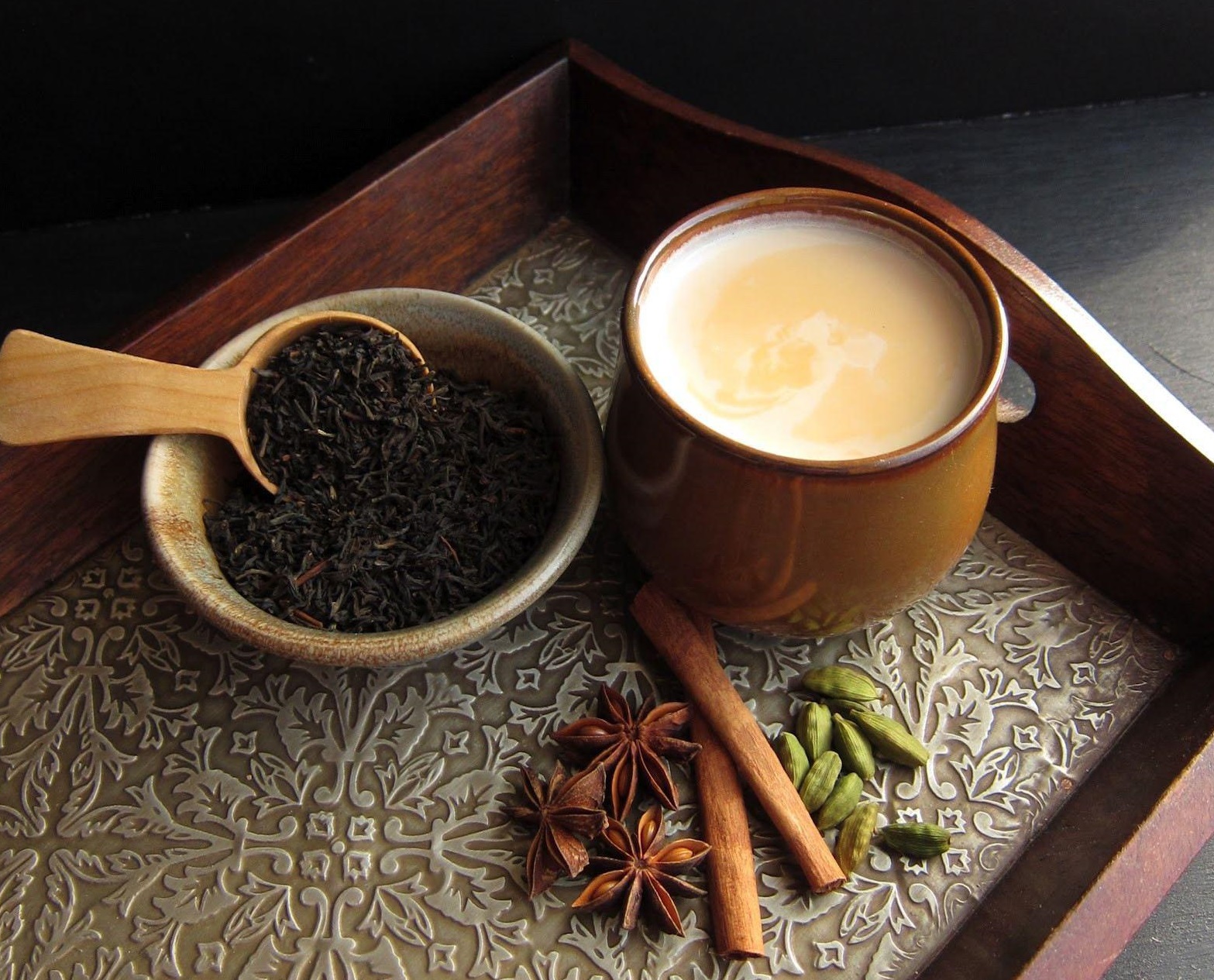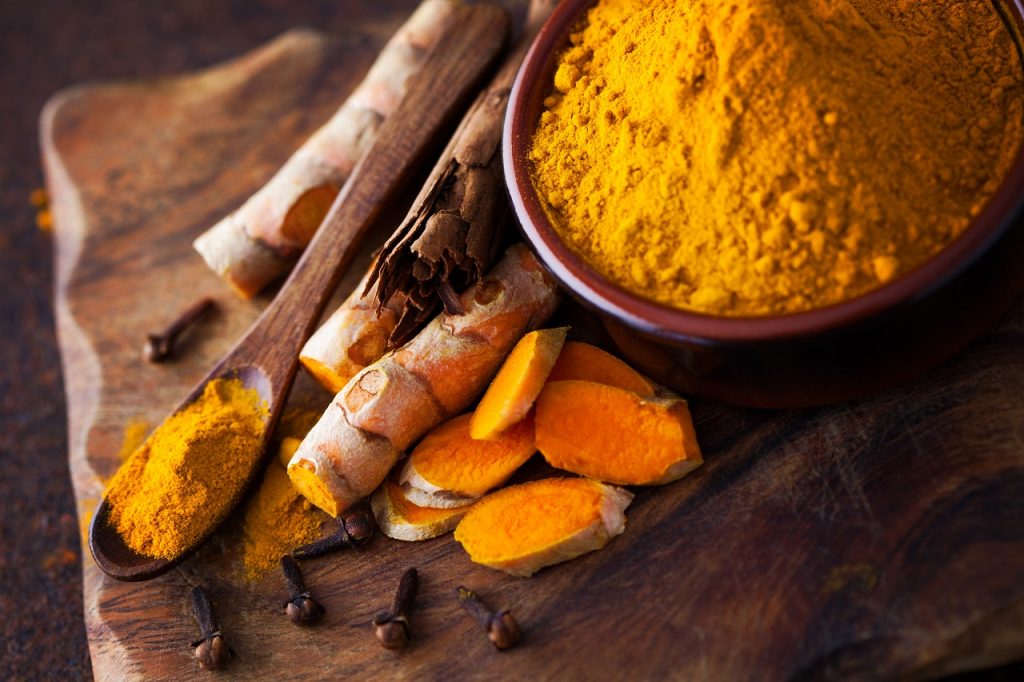
It’s a shame that the word “Fat” has developed such a notorious reputation over the years with every health-conscious individual hellbent on removing that word from their dictionary. Before we condemn the word, we need to understand that the quality of fat is just as important as the quantity of it. So let’s bust some myths with these fat facts!
Fat is one of the macronutrients which provides 9kcal per gram and it is also essential for many functions of the body like solubilizing fat-soluble vitamins, secreting hormones, protecting our vital organs, etc. It is imperative to classify fats into broad categories. Now, let’s delve a little deeper into fat facts.
1. Fats Which Are Bad For You
Here are the types of fats which are bad for your health.
- Saturated Fat: Saturated fats are usually found in animal fats like beef, pork, lard, dark chocolate, full-fat dairy products like cheese, etc. They are usually solid at room temperature. Saturated fats were previously thought to cause cardiac problems but saturated fats are known to increase the amount of both HDL (good cholesterol) and LDL (bad cholesterol), hence it is safe to have saturated fats in lower amounts.
- Trans-Fat: are produced during hydrogenation of fat when the oil is hardened to increase its shelf life. Apart from the natural Trans-fat present to some extent in dairies and meats, the artificial trans fat produced as a result of hydrogenation of fat is very harmful to health. It is found to increase the level of LDL cholesterol, thus increasing the risk of artery blockage and heart disease. It is also known to cause free radical damage to the body resulting in cancer. Trans-Fat is found in fried foods such as French fries, fried chicken, crackers, microwave popcorn, pizza, doughnut, cakes, muffins, pies, nuggets, sausages, non-dairy creamers, margarines, etc. Avoid this type of fat to stay healthy and free from diseases. Not more than 2% in a 2000kcal diet is permissible.
- Cholesterol: is one of the most misunderstood subjects of this decade. Cholesterol is a wax like substance present in our body and can be obtained from many dietary sources like egg, meats and dairy products. It is necessary for bile formation and many other important functions of our body. According to recent studies, our total cholesterol level is not affected by entirely dietary intake as the body itself maintains the cholesterol balance. Then again, we should be careful about choosing the type of cholesterol to be consumed. There are 2 types of cholesterol:
- HDL (High Density Lipoprotein): is very beneficial for the body as it removes plaques from the arteries and makes blood circulation smooth, preventing arterial block or damage. Its sources include olive oil, beans and legumes, high fiber fruits like avocado, chia seeds, nuts and fatty fish like salmon, trout, etc. These must be present in our diet.
- LDL (Low Density Lipoprotein), VLDL (Very Low Density Lipoprotein): are considered to be very harmful to the body. They create atherosclerotic plaque in the arteries, constricting proper blood circulation and cause the narrowing of blood vessels and heart blockage. Most of its sources include pork, beef, lamb meat, milk, butter, cream and cocoa butter. These should be present sparingly in our diet.
2. Fats Which Are Good For You
Let’s take a look at fats which are actually good for you!
- Unsaturated Fats: contain double bonds in their structure and are known to be most beneficial among all. It may be of 2 types:
- Monounsaturated Fats: These contain a single double bond and are known to be helpful in many ways. Evidently, they aid weight loss, reduce cardiac problems and decrease inflammation. Its major sources are avocado, nuts like almond, pistachios, vegetable oils like safflower oil, sesame oil, olive oil, canola oil, etc.
- Polyunsaturated Fats: are considered as the most beneficial among the fat family. These fats are mainly of 2 types:
- Omega 3 Fatty Acids: are known to improve heart health, protect the nervous system, increase brain function, reduce anxiety and stress, improve eye function, reduce inflammation and help fight cancer as well. Sources include soya beans, chia seeds, walnuts, canola oil, salmon, sardine, etc. It’s good to have them as a part of daily diet.
- Omega 6 Fatty Acids: This type of fat helps balance good and bad cholesterol, it helps reduce asthma or respiratory problems especially in children, relieves diarrhea in children and is essential for improving brain function. Sources of Omega 6 Fatty Acids include hemp seed or hemp seed oil, flaxseed or flaxseed oil, walnuts, almond, avocado oil, eggs, tofu etc.
These fatty acids are called “essential” because they are not produced in the body and that is why they have to be present in our diet.
Considering all the fat facts listed above, we must focus more on the types of fat we are consuming. In a typical Indian diet, about 15-20% of total calories should come from fat and the most desirable proportion of Saturated Fat (SFA), Monounsaturated Fatty Acid (MUFA) and Polyunsaturated Fatty Acid (PUFA) must be 1:1.3:1.
We hope this article helps you make the best food choices. To know more about fat facts, bust more myths about food and nutrition, ask a GOQii Coach by subscribing for personalised health coaching here: https://goqiiapp.page.link/bsr
Do leave your thoughts in the comments below!
#BeTheForce
 The word Chai actually means tea in English and Russian. In India, it is also known as Masala Chai. More appropriately, it means spice blend. Tea has become a daily part of Indian life. It is now a key element of our culture which has spread throughout the world. Masala Chai is an everyday drink in most parts of India. It is common for Indians to delight themselves with 2 cups of it per day.
The word Chai actually means tea in English and Russian. In India, it is also known as Masala Chai. More appropriately, it means spice blend. Tea has become a daily part of Indian life. It is now a key element of our culture which has spread throughout the world. Masala Chai is an everyday drink in most parts of India. It is common for Indians to delight themselves with 2 cups of it per day.
 When faced with even a minor headache, muscle tension or other pains, popping a pill seems like the easiest way out. It has almost become a habit to such an extent that we don’t even think twice before gulping down a painkiller or an antibiotic. What we fail to realize is how toxic such dependence can become! “Let food be thy medicine and medicine be thy food,” said Hippocrates. On that note, I will be listing down some foods that act as natural painkillers. The good news is that they do not have any side effects!
When faced with even a minor headache, muscle tension or other pains, popping a pill seems like the easiest way out. It has almost become a habit to such an extent that we don’t even think twice before gulping down a painkiller or an antibiotic. What we fail to realize is how toxic such dependence can become! “Let food be thy medicine and medicine be thy food,” said Hippocrates. On that note, I will be listing down some foods that act as natural painkillers. The good news is that they do not have any side effects!



